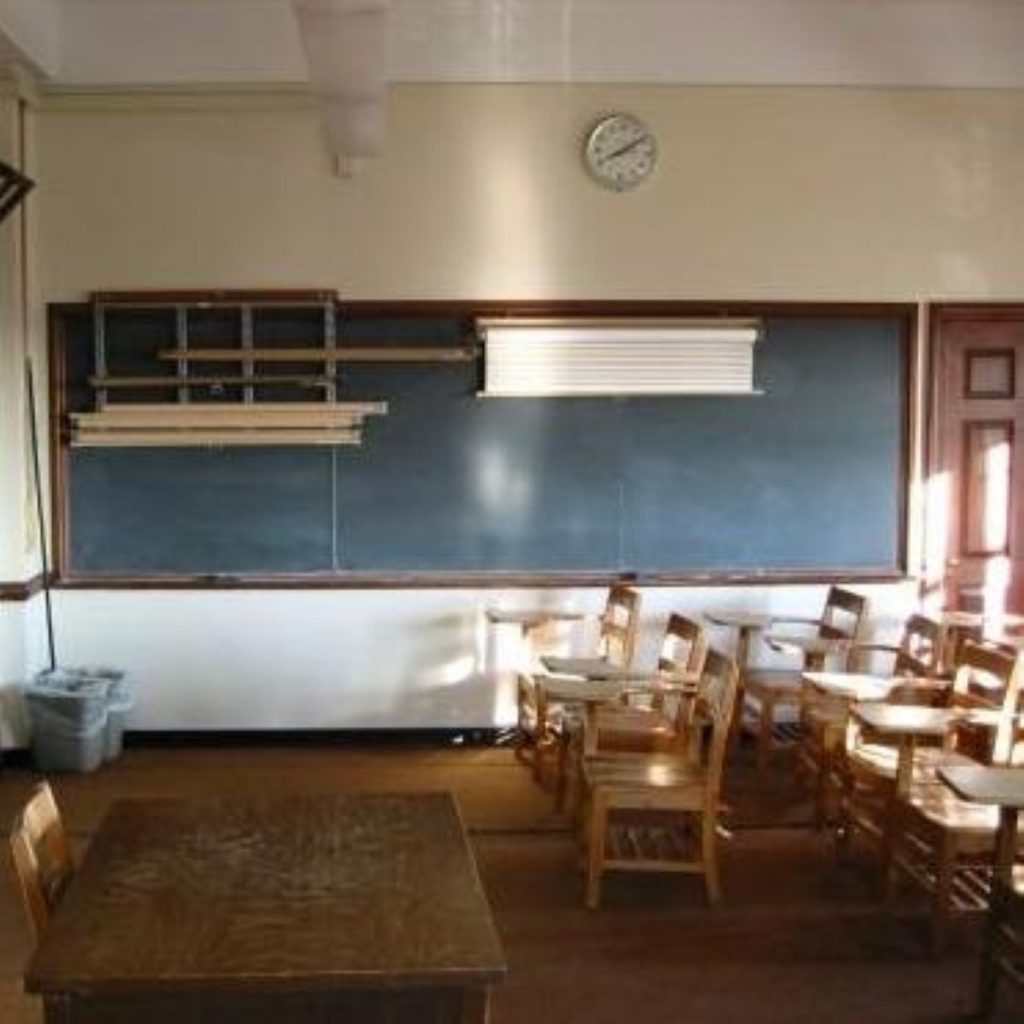City Academies education “bazooka”, says Clarke
The Education Secretary has said that the proposed City Academies will act as a “bazooka” to drive up educational standards in cities.
Under questioning from MPs, Charles Clarke said that the details of City Academies have been fully thought out.
The Government has already announced its wish to expand the number of City Academies to around 200 nationwide. There are currently scheduled to be 53 open Academies by 2007, with 30 of these in London.
So far the building projects have been part funded by local businesses and philanthropists, with the DfES covering the running costs of the schools.


Speaking on Wednesday to the Commons Education Select Committee, Mr Clarke said that the City Academies were designed to transform education in deprived areas and offer leadership and resources.
Questioned by MPs on the evidence that these type of schools offer real benefits, Mr Clarke said it is too early to conduct a systematic review, but firmly rejected arguments that an assessment should have taken place before the system was expanded.
He said that the idea behind City Academies is a “total renewal of the education offer” in a particular area. The first strand of the City Academy programme was designed to act as a “bazooka” for education in a particular area.
Mr Clarke said that the second strand is to allow schools “Academy style freedoms”, which would enable them to tackle specific problems that they faced. He maintained that in either case, the Government was not proposing a new elite of schools.
Under questioning from the committee chairman, Barry Sheerman, about the role of the private finance involved in the setting up of a City Academy, Mr Clarke said he envisaged money from sponsors interested in supporting education in the locality.
Mr Clarke insisted that sponsors would not be involved in what is taught in schools, and schools would have to follow the national curriculum. Though sponsors would provide a “bazooka boost” of funding, he maintained that they would only have control within the parameters of a code defined by Government.
The Secretary of State was drawn on whether he would be concerned about the nature of a sponsor, for example if an organisation that promoted creationism opted to sponsor a school in an area where the choice of other schools was limited. He maintained: “The question is what is actually going on in the school” and reiterated that national standards will have to be met.

